I'm using Python 3 typing feature for better autocomplete.
Many times I have functions that return key/value (dictionary) with specific keys. super simple example:
def get_info(name):
name_first_letter = name[0]
return {'my_name': name, 'first_letter': name_first_letter}
I want to add type hinting to this function to tell others who use this function what to expect.
I can do something like:
class NameInfo(object):
def __init__(self, name, first_letter):
self.name = name
self.first_letter = first_letter
and then change the function signature to:
def get_info(name) -> NameInfo:
But it requires too much code for each dictionary.
What is the best practice in that case?
